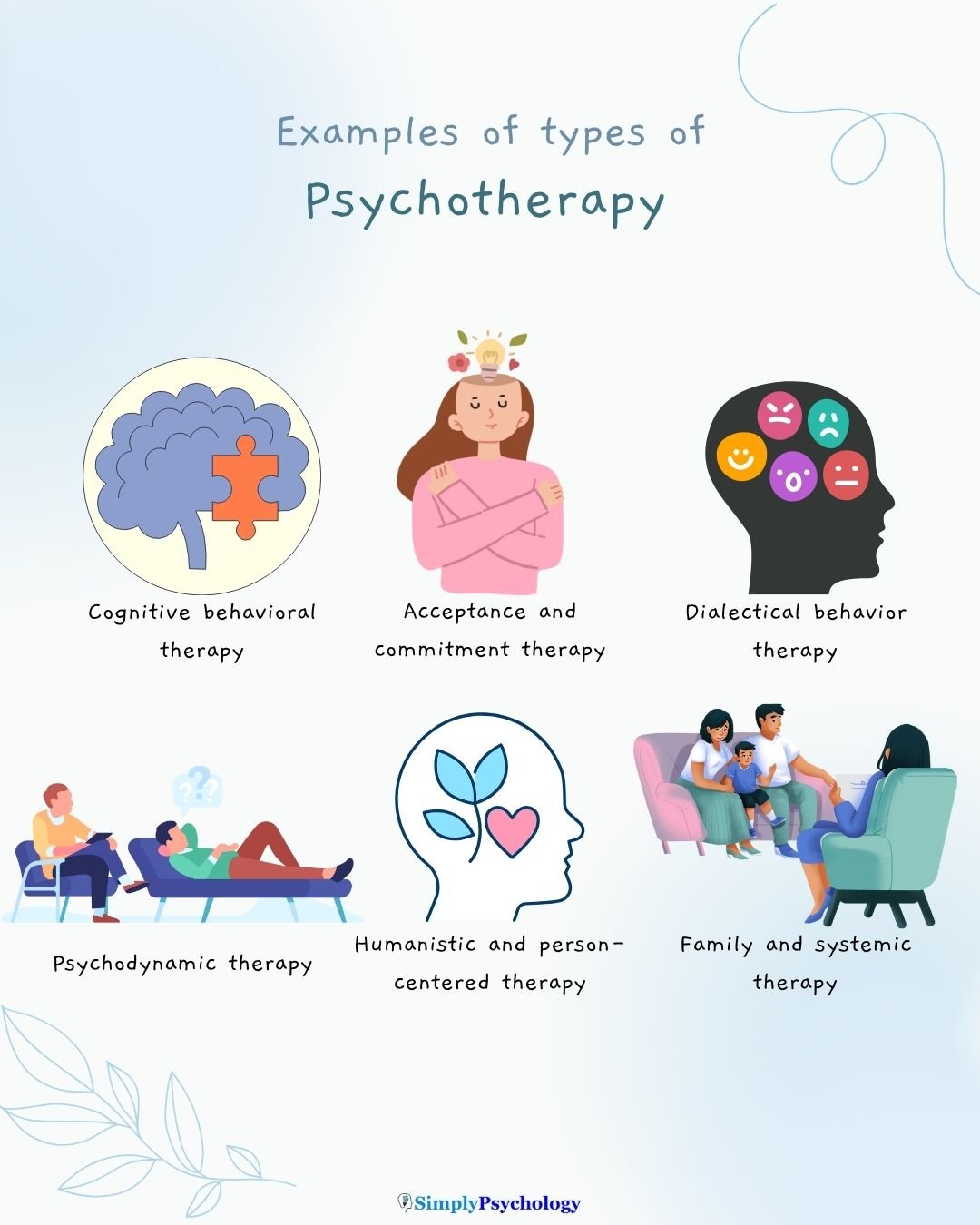virtual therapy sessions vs. Traditional Sessions: What’s Right for You?
Discovering the Benefits of Virtual Therapy in Modern Mental Health Care
The rise of virtual therapy notes a significant shift in psychological healthcare. It supplies boosted accessibility, enabling people from varied backgrounds to seek assistance without geographical restrictions. Versatility in organizing fits differing way of livings, while the comfort of home can promote visibility. Nevertheless, the ramifications of these adjustments expand past simple comfort. The advancing landscape of therapy raises crucial questions concerning its lasting impacts on client involvement and therapy results.
Improved Availability for All
Conventional therapy commonly offers obstacles such as geographical location and organizing problems, virtual therapy substantially improves ease of access for individuals seeking mental wellness assistance. By removing the requirement for physical travel, virtual therapy allows customers from remote areas or those with mobility challenges to connect with certified professionals. This mode of therapy can get to underserved populations that might do not have neighborhood psychological wellness sources, thus attending to disparities in accessibility to care. Additionally, virtual systems can deal with varied needs, using services in numerous languages and accommodating different social backgrounds. Customers can involve with a broader array of experts, giving them with options that line up with their details needs and preferences. This raised availability fosters an extra inclusive atmosphere, permitting individuals to look for aid without the stigma frequently connected with in-person visits. Overall, virtual therapy stands for a substantial advancement in making psychological health treatment more available to all.
Adaptability in Scheduling Sessions
As virtual therapy proceeds to obtain grip, its integral adaptability in organizing sessions shows to be a considerable benefit for many people. Unlike traditional in-person therapy, virtual therapy enables clients to pick session times that ideal fit their individual and specialist commitments. This versatility accommodates those with demanding work schedules, family members commitments, or other dedications that can make participating in physical consultations challenging.
In addition, customers can easily reschedule or adjust their sessions as required, minimizing the tension related to inflexible appointment systems. The accessibility of various time ports throughout the week, including evenings and weekends, further boosts availability. This versatility not only motivates consistency in presence but also fosters a greater dedication to the therapeutic procedure. Ultimately, the adaptability in scheduling sessions represents a transformative change in psychological healthcare, empowering people to prioritize their well-being without sacrificing other elements of their lives.
Comfort of a Familiar Setting
The convenience of a familiar setting considerably improves the efficiency of virtual therapy for numerous customers. Engaging in therapy from the security of their very own homes enables people to really feel more comfortable, reducing anxiousness that may go along with traditional in-person sessions. This familiarity can help with open communication, allowing clients to reveal their ideas and sensations more freely.
The visibility of individual things and the capacity to regulate their environments can add to a feeling of safety and leisure. Clients often report that remaining in a comfortable space enables them to concentrate a lot more on the healing procedure rather than the establishing itself.
In addition, the informal nature of virtual sessions can aid dissolve barriers that might exist in a typical workplace setting, cultivating a much deeper link with specialists. Overall, the convenience of acquainted surroundings plays an essential role in boosting the therapeutic experience and efficiency for lots of people seeking mental wellness assistance.
Wider Array of Healing Alternatives
A larger range of restorative alternatives appears with virtual therapy, enabling customers to access various techniques that might not be practical in standard setups. This adaptability enables individuals to explore diverse techniques such as cognitive-behavioral therapy, mindfulness practices, art therapy, and even specialized interventions like trauma-informed care or dialectical behavior modification.
In addition, clients can pick from a wider spectrum of specialists, including those who specialize in niche locations or specific populaces, enhancing the possibility of finding an ideal match. Virtual systems usually offer accessibility to team therapy sessions, support areas, and workshops that might be geographically not available or else.
This variety encourages clients to involve in their recovery process according to their unique choices and demands, possibly enhancing motivation and dedication to therapy. As a result, the landscape of psychological healthcare comes to be a lot more inclusive and adaptable, dealing with a wider selection of private experiences and difficulties.
Reduced Stigma Surrounding Therapy
Accessing therapy with virtual platforms contributes to a substantial decrease in the stigma typically connected with psychological healthcare. By offering a discreet and exclusive setting, virtual therapy allows people to look for assistance without the fear of being evaluated or recognized. This privacy attract those who may otherwise think twice to go after in-person therapy as a result of societal assumptions bordering mental health.
As the prevalence of virtual therapy increases, it normalizes the conversation around blog here psychological wellness, making it an extra appropriate component of day-to-day life. Individuals typically feel extra comfortable discussing their experiences on-line, advertising openness and decreasing sensations of isolation. The access of these solutions also encourages a wider market to engage with mental health and wellness sources, cultivating a society of support as opposed to pity. Ultimately, the increase of virtual therapy plays an essential function in reshaping mindsets in the direction of seeking assistance, adding to a more approving culture pertaining to psychological wellness challenges.
Cost-Effectiveness and Cost

Lowered Session Costs
Lots of individuals looking for mental wellness support find that virtual therapy considerably minimizes session expenses contrasted to typical in-person options. The removal of traveling expenses and time off job often adds to overall savings. Furthermore, lots of virtual specialists use affordable rates because of lower overhanging costs related to keeping a physical office. This shift in expense enables customers to gain access to quality psychological health solutions without the economic pressure that may come with traditional therapy. For several, this cost allows extra regular sessions, which can improve therapy results. Consequently, virtual therapy not just equalizes accessibility to mental healthcare yet additionally gives a lasting monetary design that lines up with customers' budget plans, making mental health and wellness assistance much more achievable for a larger audience.
Broadened Accessibility Alternatives
While standard therapy commonly offers logistical barriers, virtual therapy greatly broadens accessibility alternatives for people seeking mental health from this source treatment. By removing the requirement for traveling and allowing versatile scheduling, virtual therapy fits diverse lifestyles and dedications. This accessibility is especially useful for those in remote areas or with mobility obstacles. Additionally, the cost-effectiveness of virtual therapy minimizes monetary stress, making psychological health services much more reachable. Several systems provide tiered rates or sliding range charges, promoting cost. Insurer increasingly identify virtual therapy, more improving its economic availability. Overall, virtual therapy not just widens the extent of that can get treatment but additionally addresses financial obstacles, making mental health and wellness support much more inclusive and achievable for all.
Enhanced Continuity of Treatment
Improved connection of care emerges as a considerable advantage of virtual therapy in modern psychological healthcare. This approach enables clients to keep consistent interaction with their specialists, no matter geographical barriers or organizing conflicts. adhd counselling. The flexibility of virtual sessions fosters routine check-ins, which are vital for keeping an eye on development and adjusting treatment plans as required
In addition, digital health and wellness records and telehealth platforms facilitate seamless information sharing among care providers. This interconnectedness guarantees that all experts entailed in a patient's treatment are upgraded on therapy growths, bring about even more coordinated and efficient treatments.
Individuals usually experience decreased anxiousness and enhanced involvement as a result of the convenience of accessing therapy from acquainted environments. Such availability boosts adherence to therapy routines, ultimately improving results - low cost therapy. To sum up, virtual therapy not just bridges spaces in psychological health solutions yet also fortifies the continuity of care, a crucial component of effective healing partnerships
Frequently Asked Questions
Exactly How Does Virtual Therapy Guarantee Confidentiality and Privacy for Customers?
The current question addresses the steps virtual therapy employs to secure customer discretion. Making use of encrypted systems, secure logins, and conformity with guidelines like HIPAA, virtual therapy assurances that delicate information remains exclusive and inaccessible to unapproved people.
Can I Switch Over Therapists Easily in Virtual Therapy?
Changing specialists in virtual therapy is generally simple. Clients can connect their wish for a change via the platform, permitting for adaptability in locating a better suit without the logistical difficulties of in-person visits.
What Technology Do I Need for Virtual Therapy Procedure?
To join virtual therapy sessions, a private commonly needs a trusted web connection, a computer or smartphone with an electronic camera and microphone, and access to a safe and secure video clip conferencing platform defined by their therapist.

Are Virtual Therapy Procedure as Effective as In-Person Sessions?
Recent researches suggest that virtual therapy sessions can be similarly effective as in-person sessions, relying on the individual's choices and scenarios. Elements such as convenience and availability may enhance the general healing experience for some clients.
What Should I Do if I Experience Technical Issues Throughout a Session?
If technological concerns arise throughout a session, one should comfortably connect the issue to the specialist, attempt to reconnect, or button to a backup method. Persistence and versatility are necessary in Read More Here managing these interruptions.